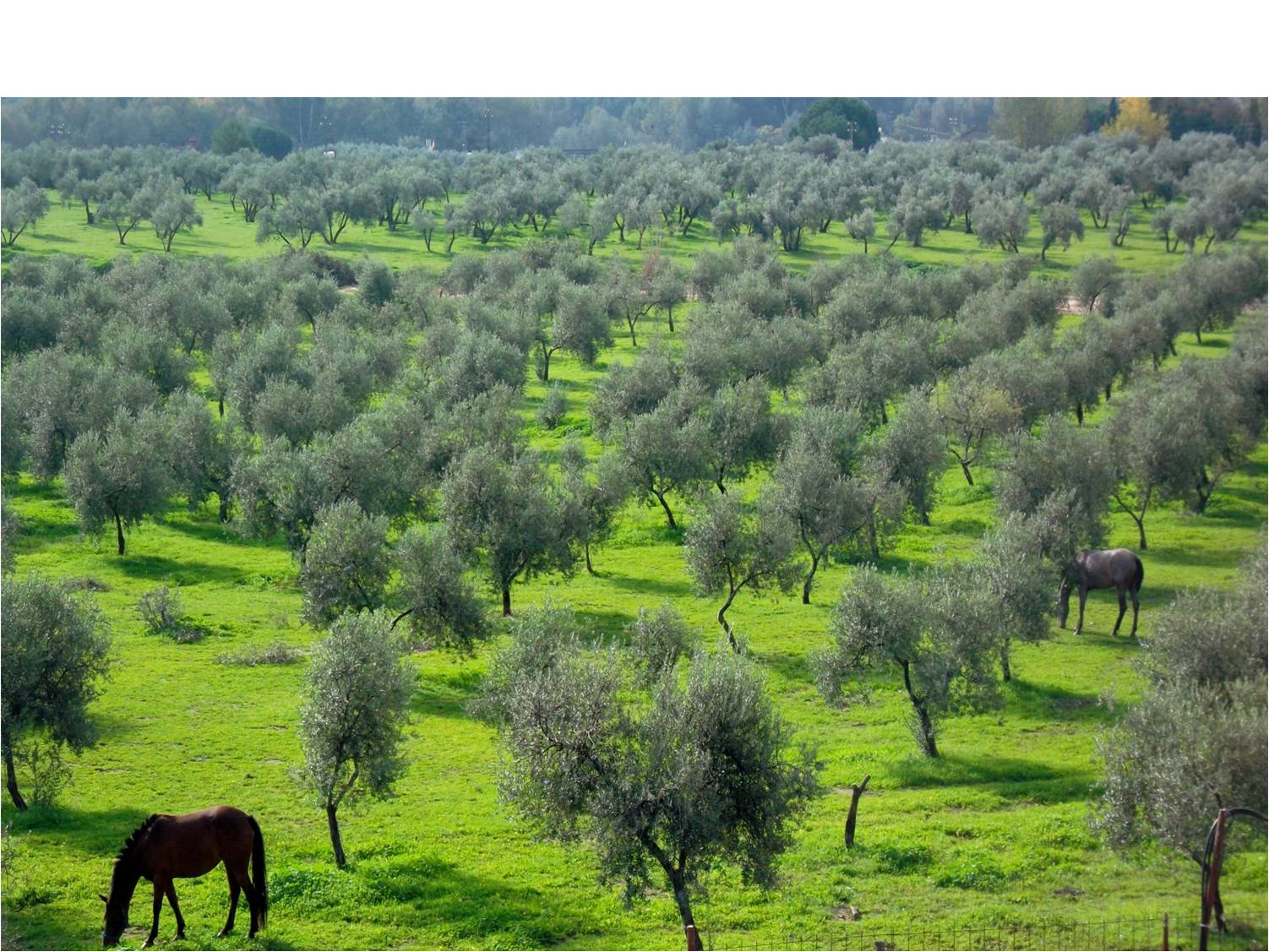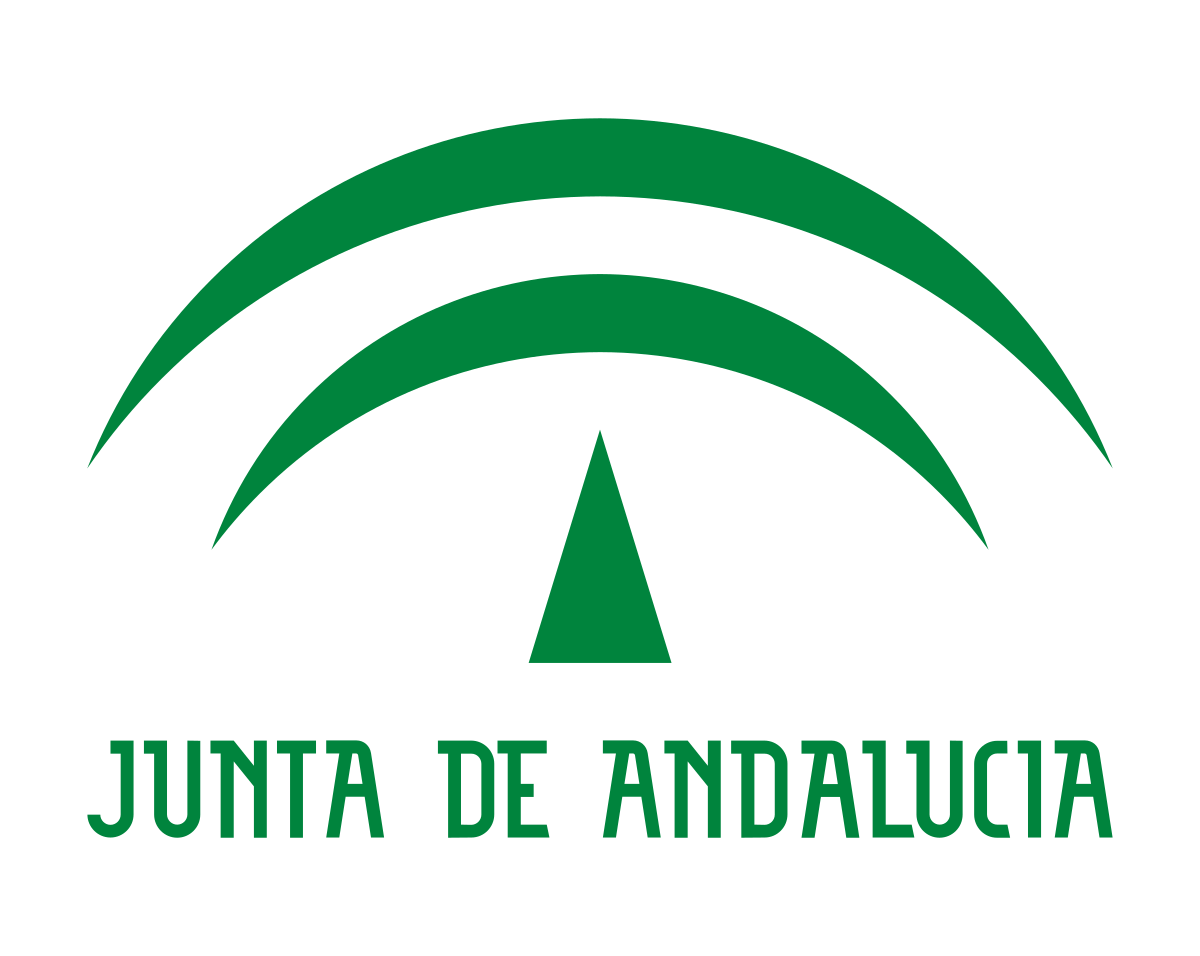Case Study
Olivares vivos – Each olive tree with its owl
Contact name
Javier Soto
Institution name
Regional Government of Environment and Spatial Planning of Andalusia
Region & country
Andalusia - Spain
Summary
The project aims at implementing environmentally friendly agricultural models in order to guarantee the olive trees groves and also its associated ecosystem services, involving such fundamental processes as pollination, soil fertility or erosion.

Background of the project
Olive grove environmental crisis began at the end of the 80s when the Common Agricultural Policy was implemented in Spain.
In this moment, intensive farming became implanted everywhere, and everything but olive trees was eliminated, without saving any effort in insecticides or herbicides. Anything that did not produce olives was in excess. This process has caused a huge environmental damage, causing a loss of the olive grove biodiversity and making a deep degradation of ecosystem services.
The lack of non-olive grove green ground cover causes biodiversity loss and soil erosion.
Solution and actions taken
Increasing the green ground cover will avoid soil erosion and control the speed of rainwater. Then, biodiversity will improve.
- Managing of herbaceous soil covers, plantation of different arboreal, shrub and herbaceous species.
- Creation of different functional elements to host fauna: nest-boxes, drinking fountains or even ponds.
- These actions are done by volunteers participating in the project.
Other institutions or parties involved
The process has involved volunteers and land owners in the agricultural land where the analysis and the corrective measurements have taken place.
Results
- It is seen an increasing of the fauna and
- There is a plan to showcase the olive oil produced by these lands, in order to increase its economic profit.
Challenges
Main difficulties have been to find local producers ready to change their land management system, and, then, conduct a census to size the level of biodiversity in each land.
Lessons learned
- It is necessary to reverse the obsession for producing, which has brought the olive groves to an economically, socially and environmentally unsustainable situation.
- A productive model, profitable and with added value in the olive oil market is compatible with biodiversity conservation.
Contact name
Javier Soto
Institution name
Regional Government of Environment and Spatial Planning of Andalusia
Website(s)
